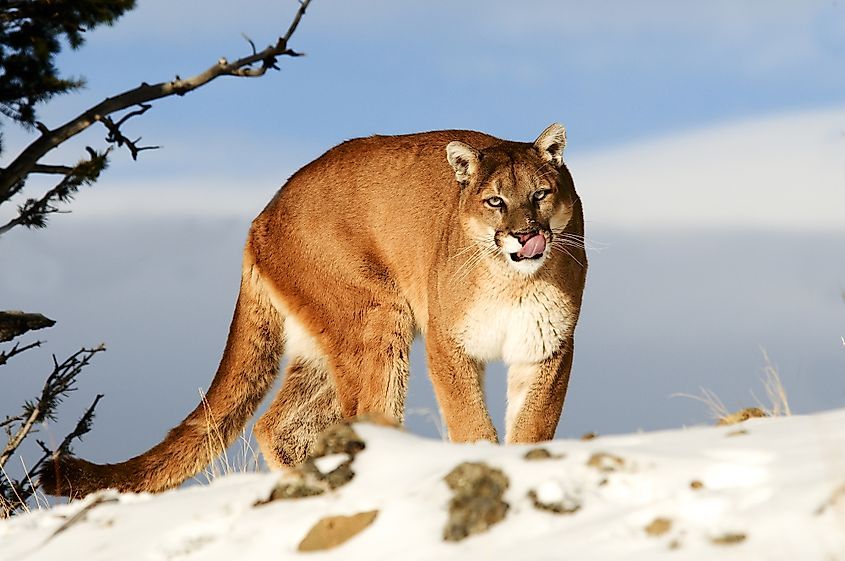Mountain lions, also known as cougars or pumas, are majestic predators that roam the wilderness of North America. These elusive big cats are vital to the ecosystem, playing a crucial role in maintaining the balance of predator and prey populations. However, their populations have been declining due to various threats, making conservation efforts crucial to ensure their survival.
Threats to Mountain Lions
One of the biggest threats to mountain lions in North America is habitat loss. As urbanization spreads and human populations expand, mountain lions find themselves with less space to roam and hunt. This leads to increased conflicts with humans, as mountain lions may venture into urban areas in search of food.
Poaching is another major threat to mountain lions. Despite legal protections in place, some individuals still target these big cats for their pelts or as trophies. This illegal activity further reduces the already dwindling population of mountain lions in the wild.
Another threat to mountain lions is human-wildlife conflicts. Livestock owners sometimes view mountain lions as a threat to their animals and may resort to lethal means to protect their livelihood. This further exacerbates the decline of mountain lion populations in North America.
Conservation Efforts
Conservation organizations and government agencies are working tirelessly to protect mountain lions in North America. One key aspect of conservation efforts is habitat protection. By preserving and connecting the natural habitats of mountain lions, we can ensure that these big cats have enough space to roam and hunt without coming into conflict with humans.
Educating the public about the importance of mountain lions is another crucial aspect of conservation efforts. By raising awareness about the threats facing these big cats, we can garner support for initiatives aimed at protecting and conserving mountain lion populations in North America.
Research is also essential for the conservation of mountain lions. By studying their behavior, population dynamics, and habitat requirements, scientists can develop effective conservation strategies to ensure the long-term survival of these majestic predators.
Conclusion
Mountain lions play a vital role in the ecosystems of North America, but their populations are under threat from habitat loss, poaching, and human-wildlife conflicts. Conservation efforts are crucial to ensure the survival of these majestic predators, and by protecting their habitats, raising awareness, and conducting research, we can help secure a future for mountain lions in North America.
It is up to all of us to appreciate the beauty and importance of mountain lions and work together to conserve and protect them for generations to come.
